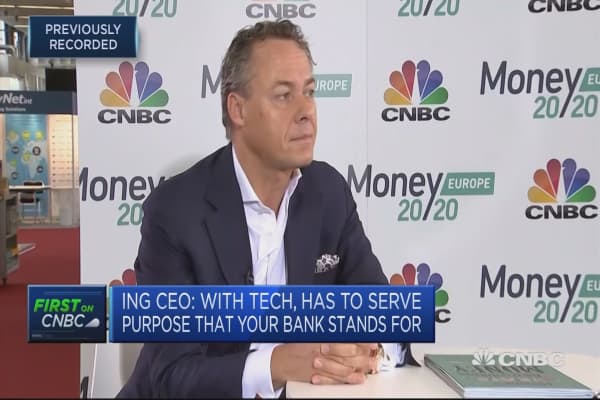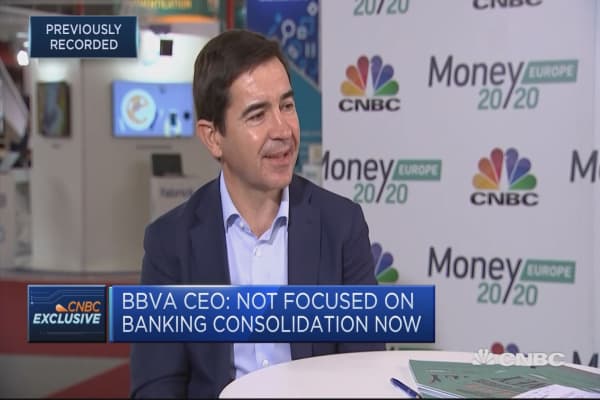- Swiss city of Zug, known for its proactive support of the blockchain industry
- launching a voting pilot that will base both polling system and residents’ IDs on blockchain technology
- e-voting pilot, which will take place between June 25 and July 1,
- developed as part of the city’s efforts to adopt more blockchain applications and will tie in with a digital identity trial currently underway
The Swiss city of Zug, known for its proactive support of the blockchain industry, is launching a voting pilot that will base both polling system and residents’ IDs on blockchain technology.
The e-voting pilot, which will take place between June 25 and July 1, has been developed as part of the city’s efforts to adopt more blockchain applications and will tie in with a digital identity trial currently underway, the city government said in an announcement on Friday.
In July 2017, the city announced plans to launch an ethereum-based application called “uPort” to digitize local residents’ ID information. The pilot phase got started in November and now has over 200 residents signed up for the new service, according to the announcement.
By using their digital ID, local residents will be able to cast votes in the one-off blockchain polling pilot, though the city government indicated that the vote is a “consultative test” and the results will not be binding.
The primary goal of the trial, it added, is to the review the security aspects of the polling system, examining whether the platform is able to achieve “immutability, testability and traceability” while maintaining voters’ privacy.
The use case for blockchain in voting systems – with its potential to remove election fraud and provide immutable records – is one that has seen notable interest both from authorities at various levels of government, as well as within finance.
Nasdaq announced in November it was developing an electronic shareholder voting system based on blockchain for the South African capital markets, while Santander used the tech for shareholder voting at its annul AGM in May – possibly a world first.
Over in Russia, Moscow’s municipal government announced in March that it was extending its use of a blockchain-based voting platform to the city block level. The Digital Home service allows neighbors in high rises to electronically vote and communicate on issues to do with building maintenance and management.
And, in the same month, the U.S. state of West Virginia launched a voting pilot project for absentee voters in the military by using a mobile application powered by blockchain technology, while Sierra Leone also notably piloted the tech in a presidential election.
Source: https://www.coindesk.com/swiss-city-plans-to-vote-on-blockchain-using-ethereum-digital-id/




 Image: Google Search Trends
Image: Google Search Trends Image: Satoshi NakamotoDigital currency is attractive to some because the coins are algorithmically dispensed and not controlled by a government. In the latter half of 2017 and first half of 2018 initial coin offerings — ICOs —
Image: Satoshi NakamotoDigital currency is attractive to some because the coins are algorithmically dispensed and not controlled by a government. In the latter half of 2017 and first half of 2018 initial coin offerings — ICOs — 
/https%3A%2F%2Fblueprint-api-production.s3.amazonaws.com%2Fuploads%2Fcard%2Fimage%2F774360%2F9bd0342b-7c64-4501-8da0-3cafdc90b622.jpg)


